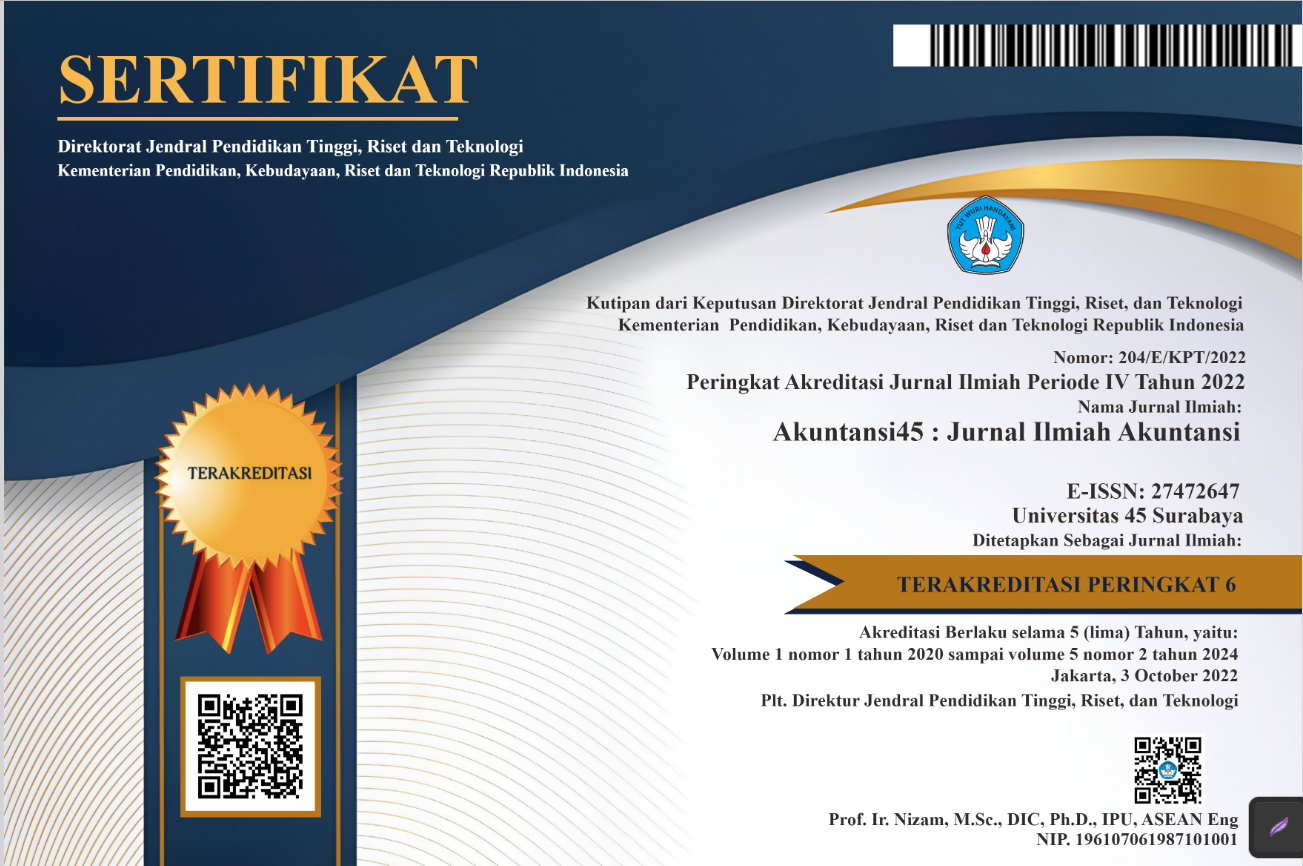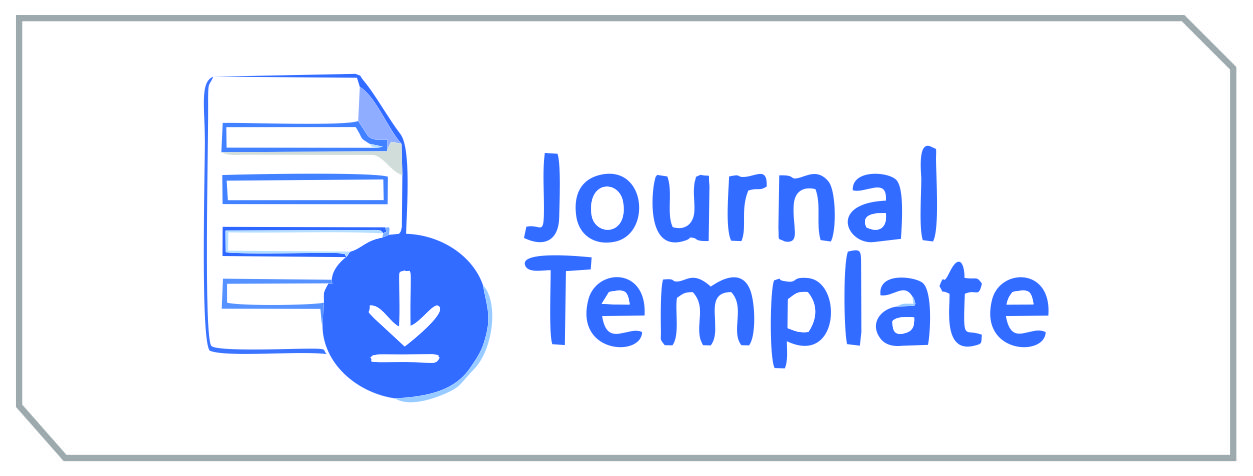Pengaruh Motivasi Kerja Dan Kompetensi Terhadap Kinerja Karyawan PT. Badger Sukses Jaya Jakarta
DOI:
https://doi.org/10.30640/akuntansi45.v4i2.1829Keywords:
content, formatting, articleAbstract
The purpose of this research is to find out how the influence of work motivation and competence on the performance of employees of PT. Successful Success Badger. A quantitative study methodology was used. The 43 participants in this study were all PT. Badger Sukses Jaya Jakarta employees. The sampling methodology of this study combines probability sampling with direct random sampling techniques. Analysis of the data in this study used multiple linear regression along with the statistical package SPSS version 24. The results of the hypothesis test between work motivation and employee performance at PT. The success of Badger Jaya Jakarta obtained tcount > ttable (4.835 > 2.021) indicating that there is a significant relationship between the variables influencing work motivation on the performance of the company's employees (H1 is accepted). Hypothesis test findings between competency and employee performance of PT. Badger Sukses Jaya Jakarta shows that competency variables affect employee performance. Badger Jaya Jakarta's achievements were obtained (4,507 > 2,021) tcount > ttable (H1 accepted). Based on the findings of hypothesis testing which examines the effect of work motivation and competence together on the output of PT. Successful Badger Jaya Jakarta employees, obtained Fcount > Ftable (605.559 > 3.232) and a significance value of 0.000. This shows that H1 is approved (there is an effect of work motivation and competence on employee performance).
References
Anshori, M. dan Iswati, S. (2019). Metodologi Penelitian Kuantitatif: Edisi 2. Surabaya: Airlangga University Press.
Astarina, I., dan Windartini, S. (2022). Manajemen Sumber Daya Manusia. Kota Samarinda: STMIK Widya Cipta Dharma.
Atika, S.P., dan Prasetio, A.P. (2017). Pengaruh Kompensasi terhadap Motivasi Kerja Karyawan PT. Mustika Ratu Cabang Bandung. Jurnal Universitas Langlangbuana, Vol. 3, No. 1, pp. 134-154.
Dewi, R.D., dan Hidayat, R. (2015). Pengaruh Kualitas Produk Terhadap Kepuasan Pelanggan. Jurnal Akuntansi, Ekonomi dan Manajemen Bisnis, Vol. 3, No. 1, pp. 32-40.
Djaali. (2018). Metodologi Penelitian Kuantitatif. Jakarta: Bumi Aksara.
Ghozali, I. (2013). Aplikasi Analisis Multivariete Dengan Program IBM SPSS 23 (Edisi 8). Cetakan ke VIII. Semarang: Badan Penerbit Universitas Diponegoro.
Mulia, R.A. (2021). Manajemen Sumber Daya Manusia: Teori dan Aplikasi Dalam Peningkatan Kinerja. Purbalingga: CV. Eureka Media Aksara.
Siregar, Syofian. (2013). Statistik Parametrik untuk Penelitian Kuantitatif. Jakarta: PT. Bumi Aksara.
Sugiyono. (2016). Metodologi Penelitian Kuantitatif, Kualitatif, dan R&D. Bandung: CV. Alfabeta.
Sulistiyono,J. (2002). Meningkatkan Kompetensi Tenaga Administrasi Sekolahmelalui Supervisi Dan Pembimbingan Berkelanjutan. Lombok Tengah: Pusat Pengembangan Pendidikan dan Penelitian Indonesia.
Surianto. (2021). Sinergitas Motivasi, Kompetensi Dan Budaya Organisasi Terhadap Kinerja Pegawai Pada Sebuah Instasi. Surabaya: Global Aksara Pres.
Suyuthi, N.F., Lie, D., Nainggolan, N.T., Kadar, M.G., Purba, S., Butarbutar, M., Anggraini, N., Astuti, A., Silalahi, M., Syafii, A., Arif, N.F., Muliana, M., dan Mustar. (2020). Dasar-Dasar Manajemen: Teori, Tujuan dan Fungsi. Medan: Yayasan Kita Menulis.
Widodo, D.S. (2017). The Effect of Compensation, Leadership and Organizational Culture Through Work Motivation on Employee Performance. Jurnal Manajemen dan Kewirausahaan, Vol. 5, No. 2, pp. 1-7.
Widyatmojo, P., Karyono, dan Rahwamati, I. (2022). Global Human Resources Management Dasar Dasar Manajemen Sumber Daya Manusia Global. Yogyakarta: CV. Budi Utama.









